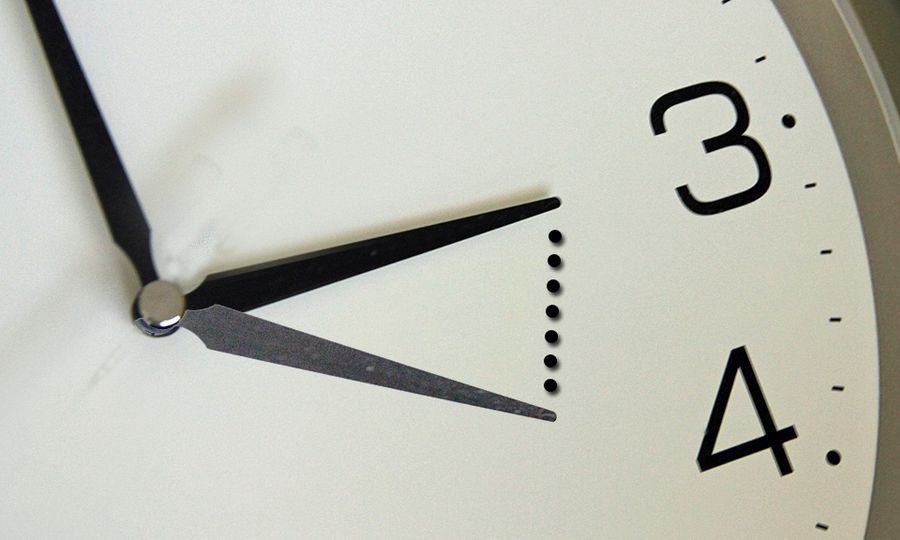
Newsroom
Daylight Saving Time went into effect on Sunday in Cyprus as public opinion around the world still remains divided on whether there is value in switching back and forth.
According to the DST annual tradition in Cyprus, which is also currently an official EU requirement, clocks had to be moved forward one hour on Sunday, March 29 until October 25.
The change officially took place on Sunday early morning at 3am, with clocks moving one hour forward. Many people typically set their clocks to the new time before going to bed on Saturday night.

Daylight savings is observed by many countries around the world, as clocks spring forward for summer time and fall back to standard time for winter every year.
But critics of the time-change system are gaining ground, with the EU most likely heading towards abolishing DST altogether.
If a current legislation proposal in the European parliament becomes law, member states would need to choose by April 2020 to stick permanently either to summer time (daylight saving time) or winter time (standard time), a directive they would have to implement in 2021.
Many people typically set their clocks one hour forward before going to bed on Saturday night
In 2018, an online unofficial referendum, in which the European Commission sought input from ordinary EU citizens, people voted overwhelmingly to stick to one time and abolish the time-change requirement. The final poll was 84% in favour and 16% against.
Only small majorities in Cyprus and Greece voted in favour of keeping the current system, while critics said the largest number of people who voted online were Germans suggesting the results were not properly balanced.
DST was implemented in the United States in 1918 as a wartime effort to save an hour's worth of fuel each day to light lamps and coal to heat homes. It went through some chaotic arrangements on and off until 1966 when the Uniform Time Act made DST consistent nationwide.
Many countries or specific districts within countries around the world do not participate in DST, while an ongoing effort in the US is also on the rise calling for scrapping the time-change tradition altogether.
































